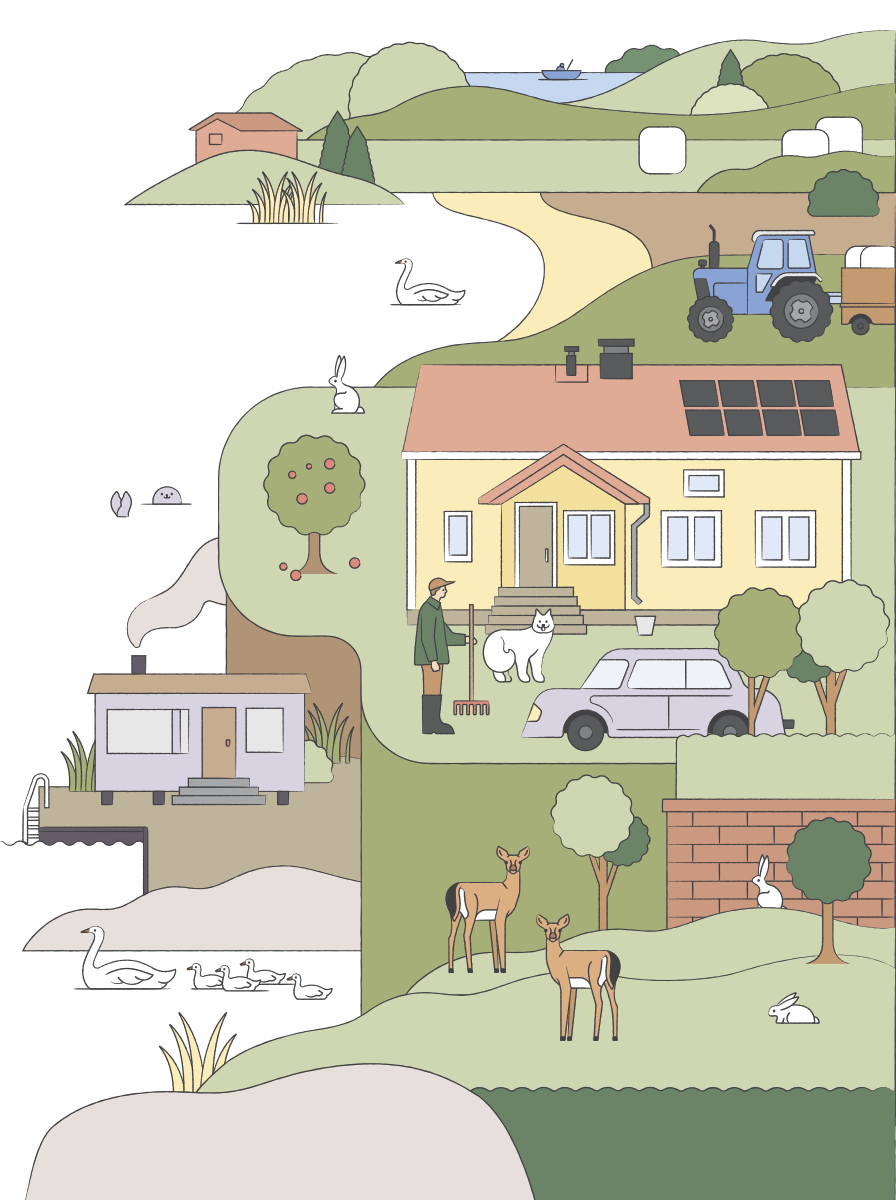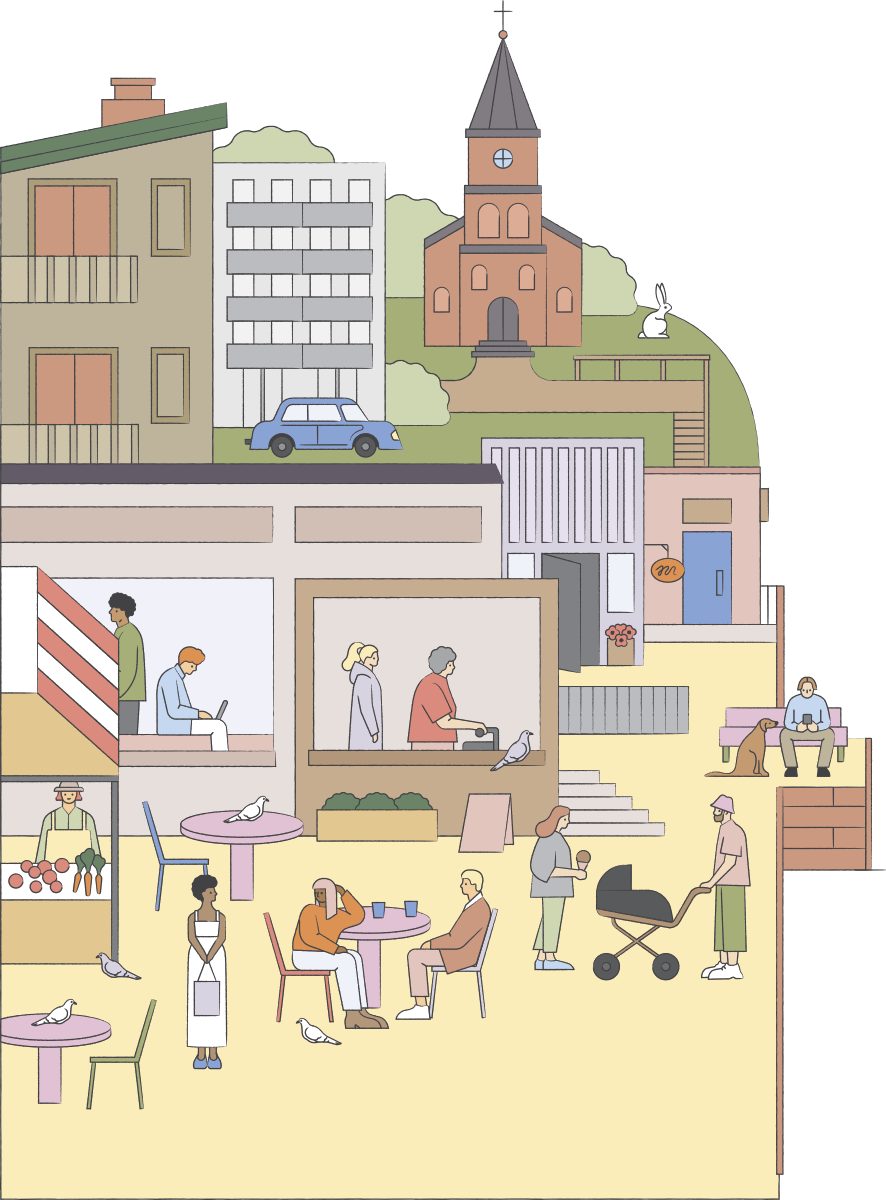There are many types of rental housing, and the ways to influence living in a rental home also vary. The tenants should study their housing company’s contribution clause to find out who is responsible for which repair: the tenant, the landlord or the housing company. About half of rental housing in Finland is privately financed and the rest within the government’s public financing programme (“Arava”) or by interest subsidy loans.
In publicly financed or supported apartments, the tenants have the statutory right to know the housing company’s rules and to influence their living conditions. Residential democracy has been found to improve joint liability and living comfort.
A residents’ meeting organized at least once a year allows electing representatives to the housing company board as well as committees and delegates to manage collective affairs. The meeting may prepare, negotiate and deliver opinions about energy efficiency improvements, renewable forms of energy, parking for electric cars, recycling arrangements, or biodiversity in the yard, for example.
If the apartment has been rented from a private landlord, it is best to directly contact the holder of the apartment. Landlords are often willing to grant wishes (for better sorting of waste, a water-saving showerhead, or a more energy efficient household appliance to replace a broken one) based on proper argumentation.
Improved energy efficiency and the use of renewable local energy is usually in the apartment owner’s interest, too, because they help reduce costs and improve margins.




